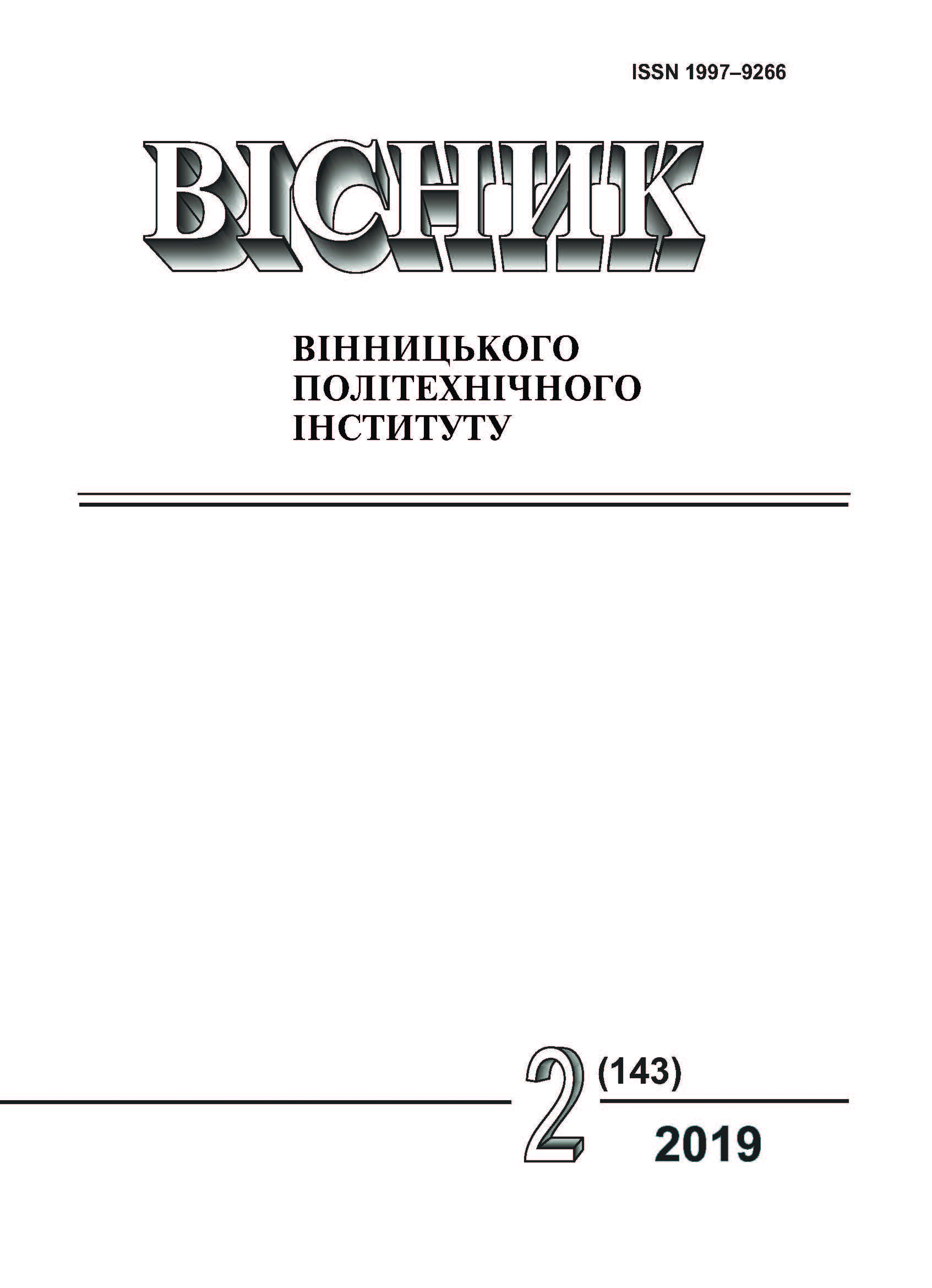Mixed Education as a Factor of Formation of Self-employment for Future Teachers of Informatics
DOI:
https://doi.org/10.31649/1997-9266-2019-143-2-117-122Keywords:
informatics, computer science teacher, mixed learning, self-education of students, laboratory workshop, higher education, information and communication technologiesAbstract
The concept of mixed learning and some aspects of its implementation in institutions of higher education are considered in the article, in particular in the training of students for the specialty 014 Secondary education (Informatics). A distant form of education provides an opportunity for anyone to get education. The choice of time, pace, place of study, the availability of materials at any time, an individual approach, counseling at a convenient time, the opportunity to work and study at the same time — all these are benefits of distance education. However, there is a certain list of specialties, for which it is inappropriate to introduce distance learning in full. Such specialties involve working with people and responsibility for every specialist's work. This is also applied for teachers. On the other hand, distance learning develops self-education skills. A computer science teacher who is forced to acquire new knowledge about program versions, programming languages and devices at a certain time must be able to quickly, responsibly and effectively improve his or her professional level. Therefore, we consider it important to help acquire self-education skills for undergraduate students. According to age-specific features, criticality, abstraction, and algorithmic thinking are already formed. They are ready for independent work, responsibility for its results, and the formation of their own motivation. Formation of self-education skills should not be separated from professional activity. Accordingly, examples of tasks for laboratory work on discipline "Laboratory Workshop on a specialty" are offered. The work is carried out 4 hours, two of which graduates carry out tasks remotely. In this case, there is a possibility of consulting with the lecturer on-line or with the help of messengers. And one lesson is held in auditorium, where the defence of work in front of the group and discussion of the results take place. In this way, the disadvantages of remote execution of work are minimized and the possibility of an objective assessment of the work of the master student is provided.
Downloads
-
PDF (Українська)
Downloads: 272
Published
How to Cite
Issue
Section
License
Authors who publish with this journal agree to the following terms:
- Authors retain copyright and grant the journal right of first publication.
- Authors are able to enter into separate, additional contractual arrangements for the non-exclusive distribution of the journal's published version of the work (e.g., post it to an institutional repository or publish it in a book), with an acknowledgment of its initial publication in this journal.
- Authors are permitted and encouraged to post their work online (e.g., in institutional repositories or on their website) prior to and during the submission process, as it can lead to productive exchanges, as well as earlier and greater citation of published work (See The Effect of Open Access).





